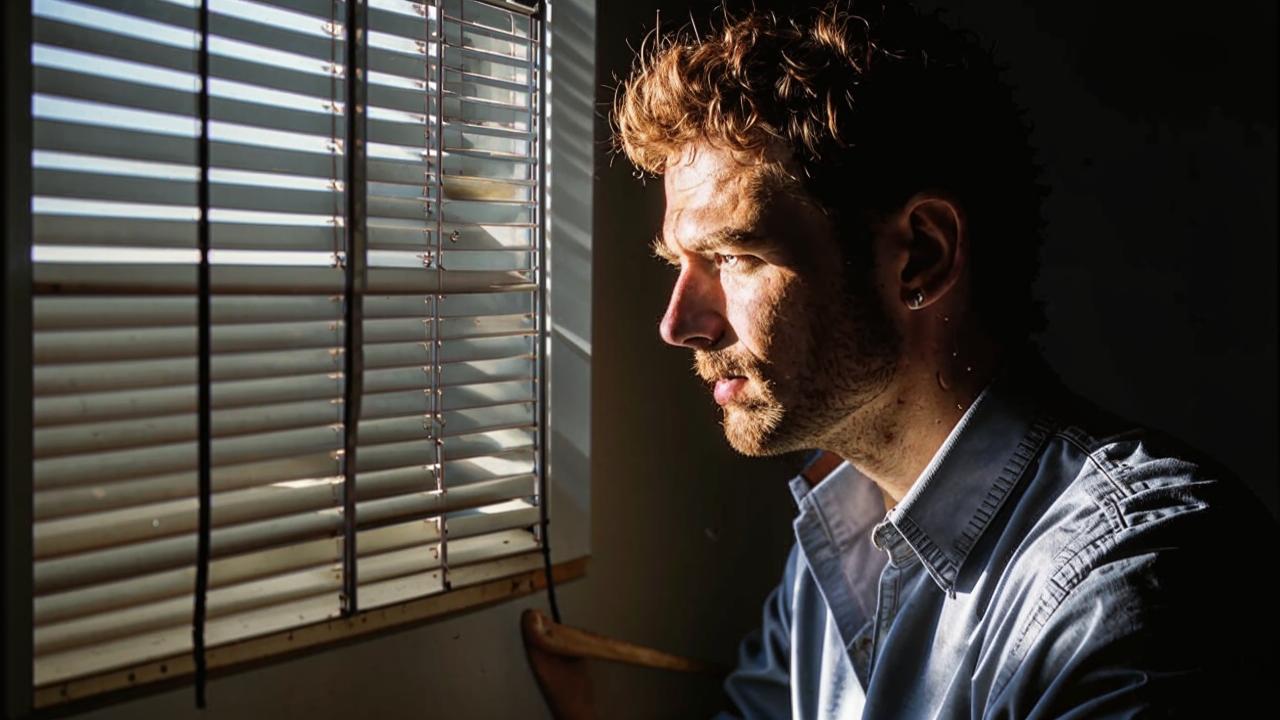More and more people are now seeing a psychologist. In 2020, 89% more people went to specialists than in 2019. But there are still a lot of stereotypes about psychotherapy. Some people believe that to deal with their mental health is shameful and not a man’s business at all. Together with psychologist Nadezhda Pozharova, we tell you why you should go to a psychologist and why men need it too.
Why do you need to go to a psychologist?
Every person from childhood gets experience of interaction with the world in the process of development, he forms attachment and emotional intelligence. Until about six years of age, he forms a stable character. Depending on how his intrauterine development and early infancy went, how his parents contacted him, several important points are formed:
- the structure of character (this determines how a person interacts with the outside world, perceives it and himself in it, how he reacts to stimuli and shows feelings);
- type of attachment (how a person builds close contacts).

Then there are several phases responsible for expressing emotions. For example, at some point an adult may find that he or she builds approximately the same relationships with everyone: it seems to him or her that no one loves or respects him or her, or all people emphasize only that he or she is bad. A person begins to live in his own universe, which has certain peculiarities and rules.
Thus, there is a formed sense of one’s own “I” and not formed. In the second case, the whole life is built on some beliefs, and often such people do not know why and how to live, and do not understand their feelings.
Visits to a psychologist help to develop emotional intelligence: a person begins to realize what he wants and what he feels, what his needs are, and to build new relationships with the world. With the help of therapy, people get out of the relationships that develop according to the psychodramatic triangle and are able to live a new life.
The Karpman triangle, or dramatic triangle, is a psychological and social model of human interaction that describes three basic roles: pursuer, rescuer, victim.
What problems do men face most often?
It cannot be said that men and women differ cardinally in their requests. The former come less often with complaints about their parents: they are much less likely to blame them. At the same time, men more often come with questions about career and development, as well as about interaction with their partners. In general, however, problems can be different.
Often men turn to addiction issues. In order not to express their feelings, they have to eat, drink, play computer games, go headlong into drug addiction. People try to cope as best they can. Because of this, distancing often occurs. Often, men “pick over” women: constantly changing partners, but with no one feel real intimacy.

It also happens that men initially hate women, most often it is associated with the very first relationship with a woman, that is, with his mother. A man initially says that he does not need any women, he will live alone. In this case, he either stays forever living with his mother, or he cannot arrange his personal life. In the end, everything leads to the fact that the man does not know what he wants.
Difficulties in matters of career, money are also related to the relationship with the first and most important people – parents, and then the way society confirmed their beliefs.
Why do many men not want to go to a counselor?
If a man is emotionally connected to himself, aware of his feelings, needs and desires, he can go to a psychologist himself. That is, if he recognizes that feelings and emotions have meaning, notices that something is going wrong.
Some come because the wife or girlfriend “forced”. However, there are difficulties.
Society has ingrained the view that a woman expresses emotions through tears, and a man – through anger. There is a conditional ban on anger in the former and on tears – in the latter. Stereotypical masculinity is associated with the absence of feelings and emotions. Allegedly, a “real man” should keep everything to himself, he should have everything under control. And if he has problems, he copes with them promptly.

“It’s not a man’s business – snot on his fist to wind up”, “A man is a stone wall” – such beliefs are laid down from childhood. And in the future, women support this stereotype: “I am after a man”, “A man should be strong and cope with everything”. It turns out as if men have no right to make mistakes. Therefore, they often come to therapy when they have health problems: nervous tics, pre-infarction states, frequent headaches, back problems, intervertebral hernias, etc.
How to overcome the fear of a psychologist?
First, it is important to realize that the psychologist is a human being. He is completely open to interaction. Often people are afraid to open up to specialists, worried that he is sure to compromise, ask an uncomfortable question, avoid answering which is impossible. This is about security and trust.

Secondly, it is necessary to realize that one session will not solve all the problems. Often people come to a psychologist thinking that it is possible to “fix” everything in one session. However, changes occur in the process, work with a psychologist is long, it requires time, observation, trust and contact. You need to form a client-therapist bond. Therefore, it is very important to realize that there is a long work to be done. There are moments that can be improved upon request with the help of different techniques, but for lasting, global changes, it will take time.





